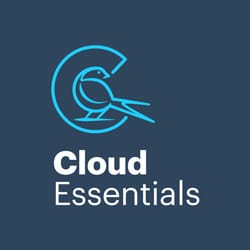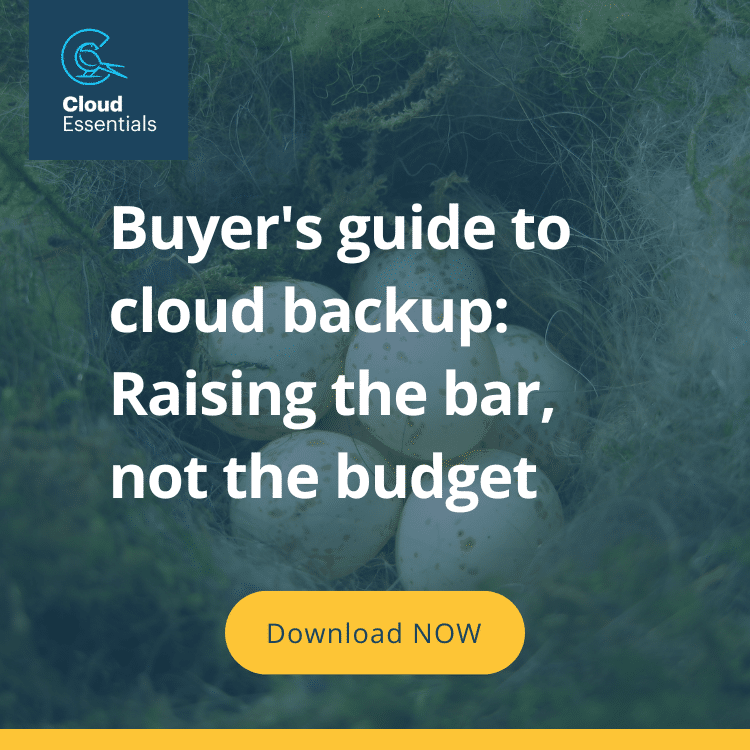It’s clear from our customers that the business need for backup and archiving is changing dramatically as organisations adopt and embrace the cloud. You may also have heard on the grapevine that Hubstor has just been acquired by Veritas. This strategic move confirms our view on the convergence of backup and archiving in and around the Microsoft Office 365 space and will turn the tide on an ageing repertoire of backup and archiving products that serve a bygone era.
We always thought it was a matter of time before Hubstor got snapped up. Greg and Geoff were such pioneers in this space, really leading the way in a new era of archiving and backup. The platform has solved many problems for our customers over the years, and will now serve them even better as Veritas accelerates feature development and takes it into the next era of its life.
Chris Hathaway, Founder of Cloud Essentials
The acquisition demonstrates the rapidly changing cloud landscape and we know from talking to our clients that it can be hard to stay up-to-date on the latest developments in this industry. We’re launching a new Cloud Insights blog to share our expertise, experience and knowledge about cloud technology and the challenges faced by enterprises today.
Over the coming weeks and months we will be tackling different topics and taking a deep dive into all aspects of the subject week by week. Our first topic will be archiving – the modern archiving challenges, choices and trade-offs and we’ll be taking a deep dive into archiving for (but not necessarily in) Office 365. We’ll start with an introduction to what’s changed in the world of archiving since the adoption of the cloud.
Cloud Insights: Modern Archiving
Archiving used to be a pretty straightforward process: remove inactive/stale/low-touch data from active servers to free up valuable space, and keep it somewhere safe, just in case, usually forever.
The challenge:
Data volumes were relatively low by modern standards, so little effort was made defensibly to delete redundant, outdated or trivial information before or during archiving. Tools for retention, backup and eDiscovery were separate considerations, and seldom informed business decisions on where and how to archive their data. However, in the era of Microsoft Office 365 and cloud computing, data volumes have skyrocketed, regulations have become more complex and onerous (particularly with regards to data privacy) and the requirements for data management have ballooned as a result.
Embracing Microsoft Office 365 as a single platform for unstructured data also means a shift from traditional data management over siloed workloads and separate repositories. Archive or backup solutions now need to serve all the functions of data management to retain, backup, search and dispose of content across the entire Office 365 suite.
One benefit of this shift is that modern generation Office 365 data management platforms now serve a multitude of business cases. These include:
- Providing an additional layer of retention/disposition policies over the native features in Office 365 – for example, when dealing with complex geo-political requirements in tenants that span multiple regions.
- Meeting traditional backup objectives with technology suited to SaaS Cloud solutions.
- Escaping limitations of capacity and long-term, cost-effective storage management.
- Providing a separate repository for preservation of messaging feeds for subsets of users that fall under specific compliance obligations.
In an effort to capture this evolving market, vendors are blurring the lines too, between archiving, backup and eDiscovery platforms. This has made it increasingly challenging for businesses to confidently select the right product for their specific needs.
In our Cloud Insights: Modern Archiving series we will explore the following topics:
- Dodging SharePoint online storage quotas;
- Archives vs backups and retention principles;
- Executing defensible deletion; and
- SMTP archiving.
We’ll also share a few of our favourite archiving solutions and explain why they’re staples in our toolbox for modern enterprises running an Office 365 environment. It’s worth noting that we assist many clients in highly regulated industries, so compliance and governance considerations will be recurring themes.
No time to waste? Get in touch for a custom assessment and recommendation on the best archiving solution for your enterprise.






